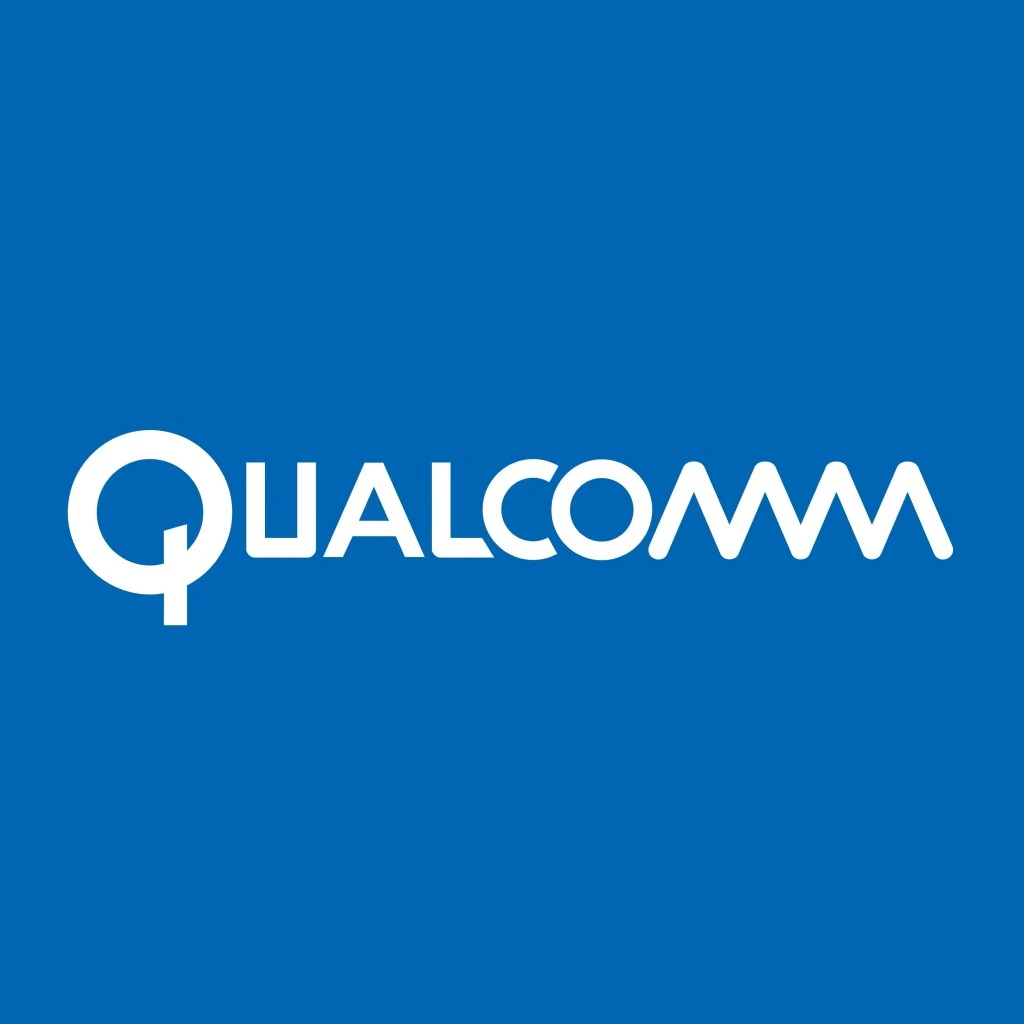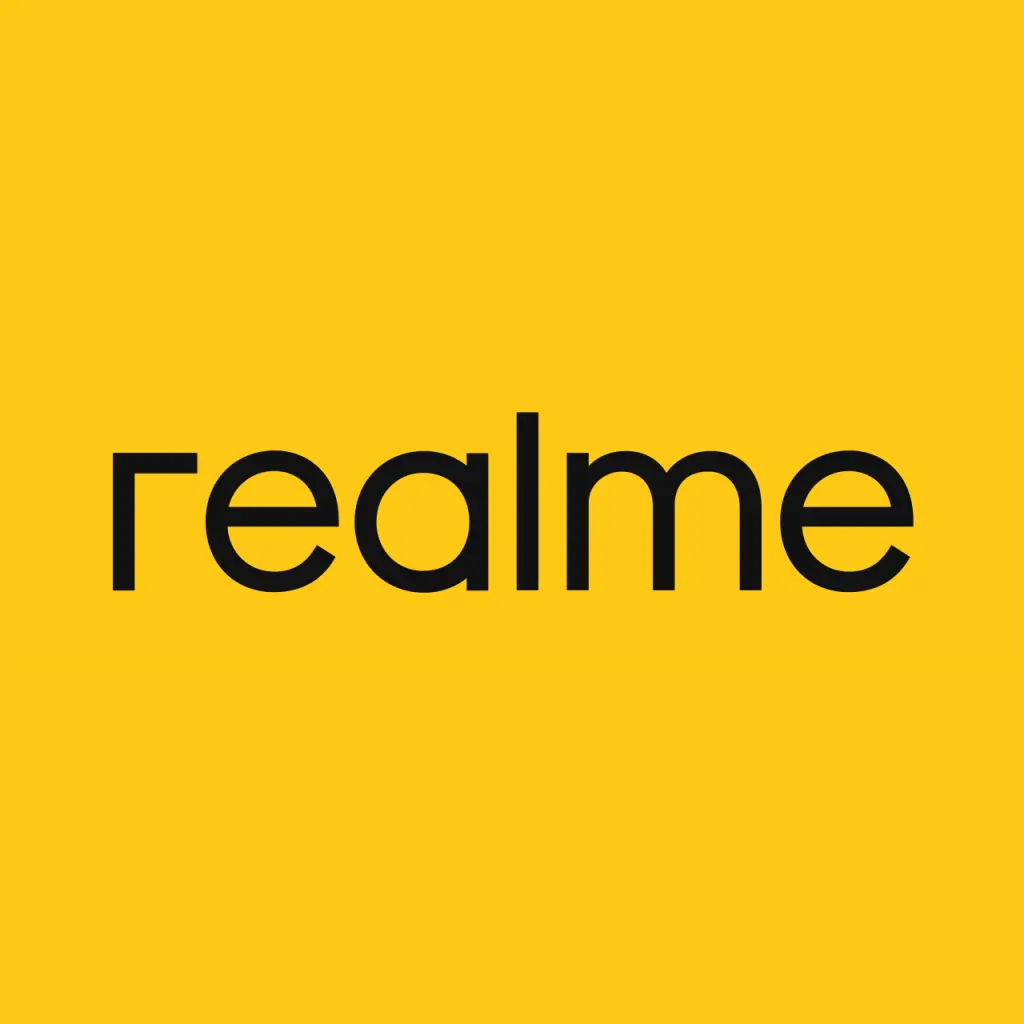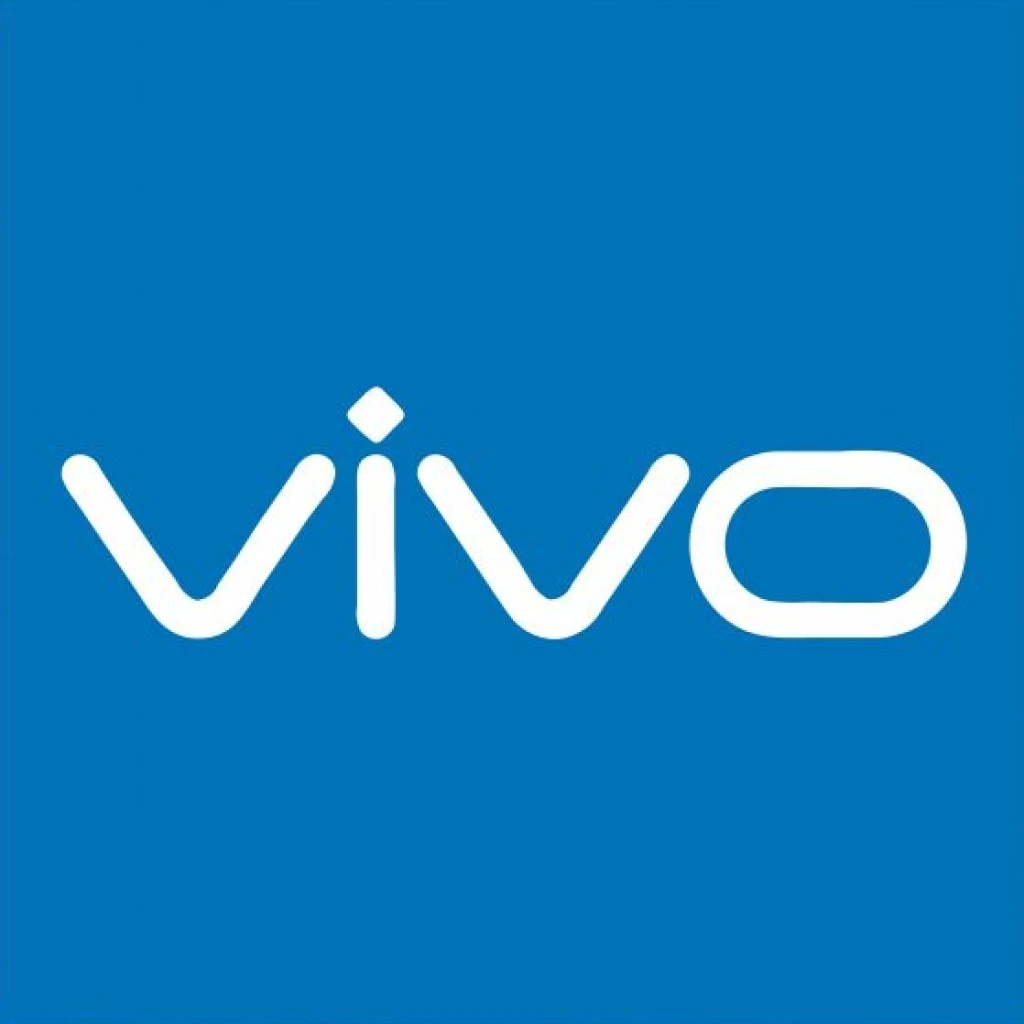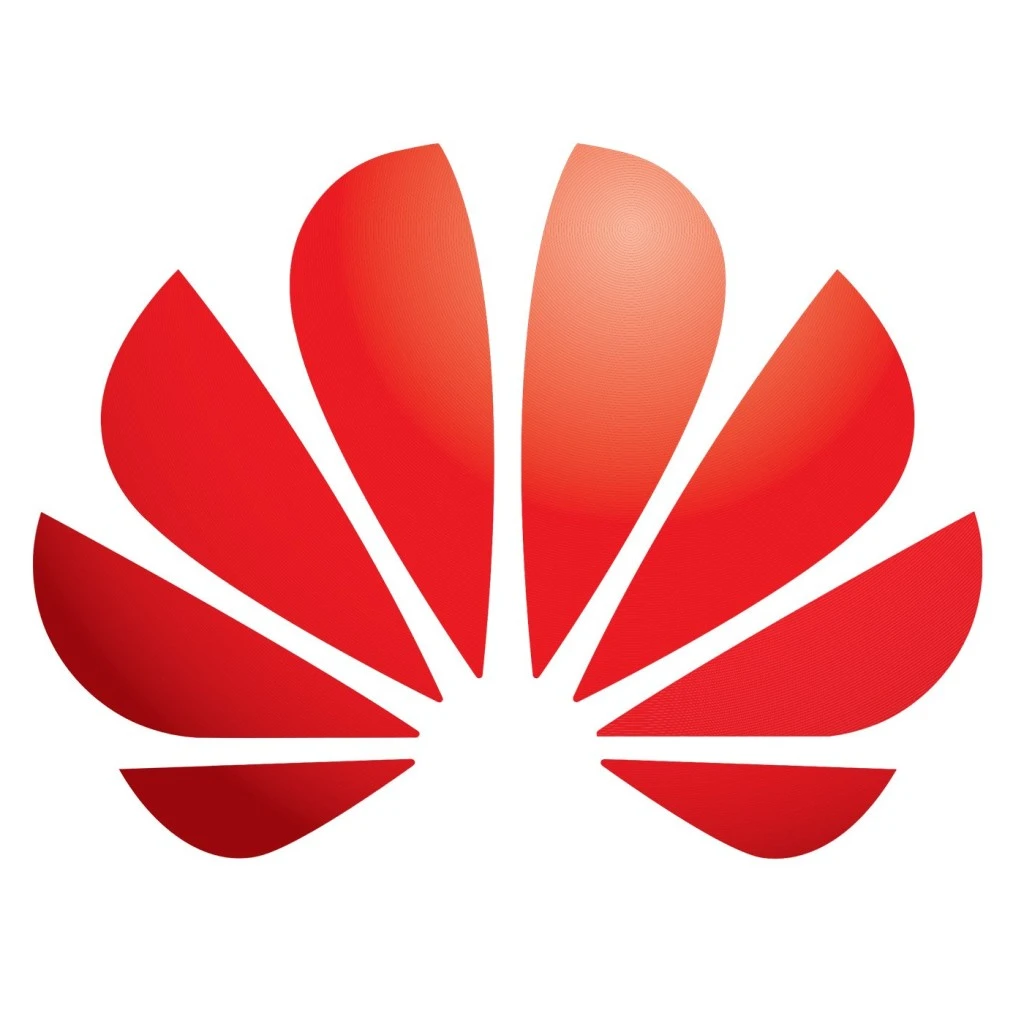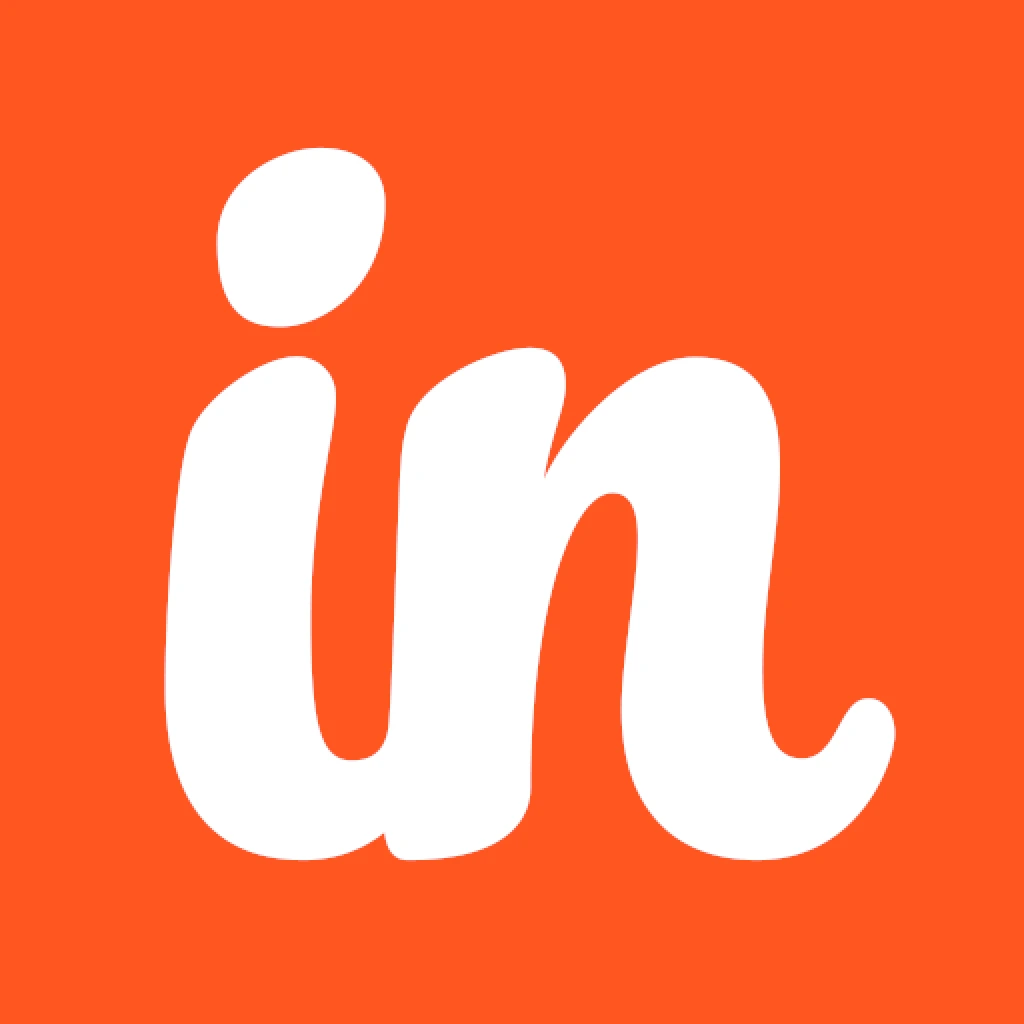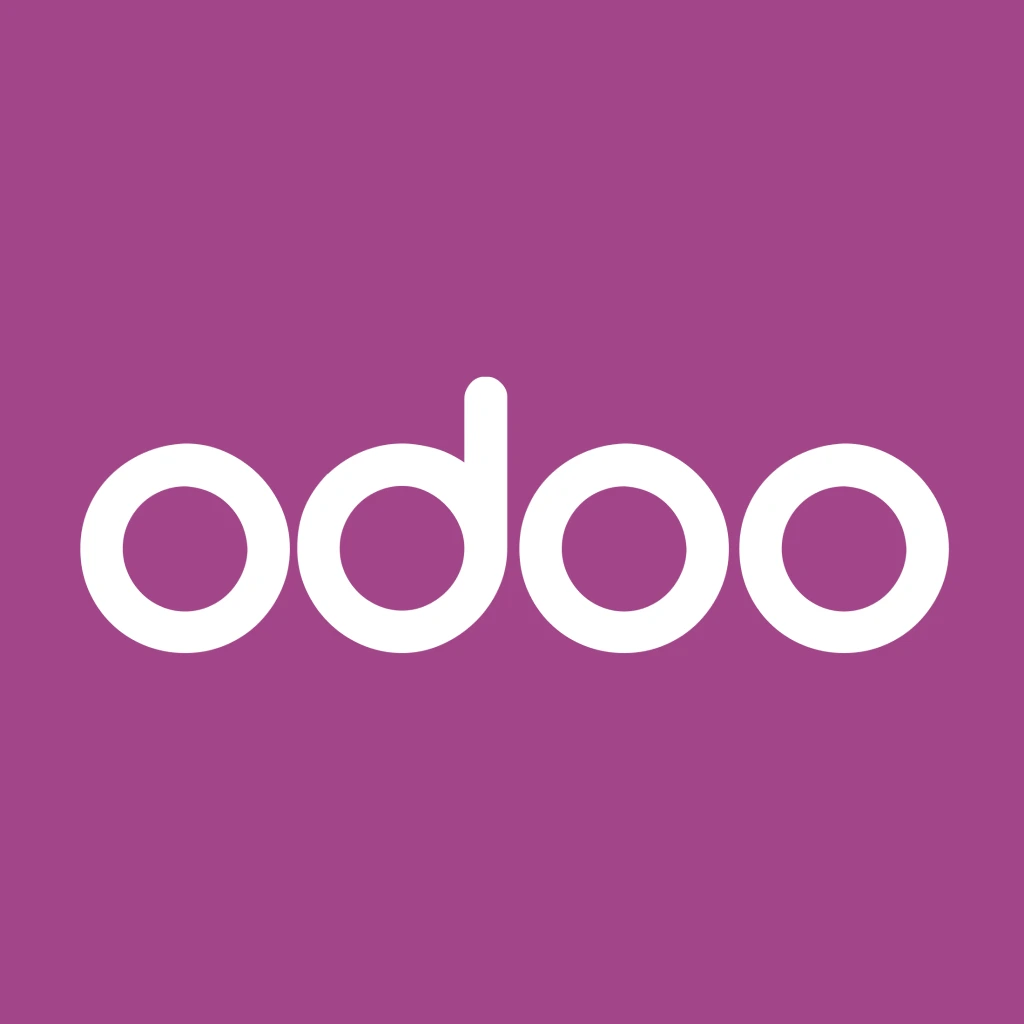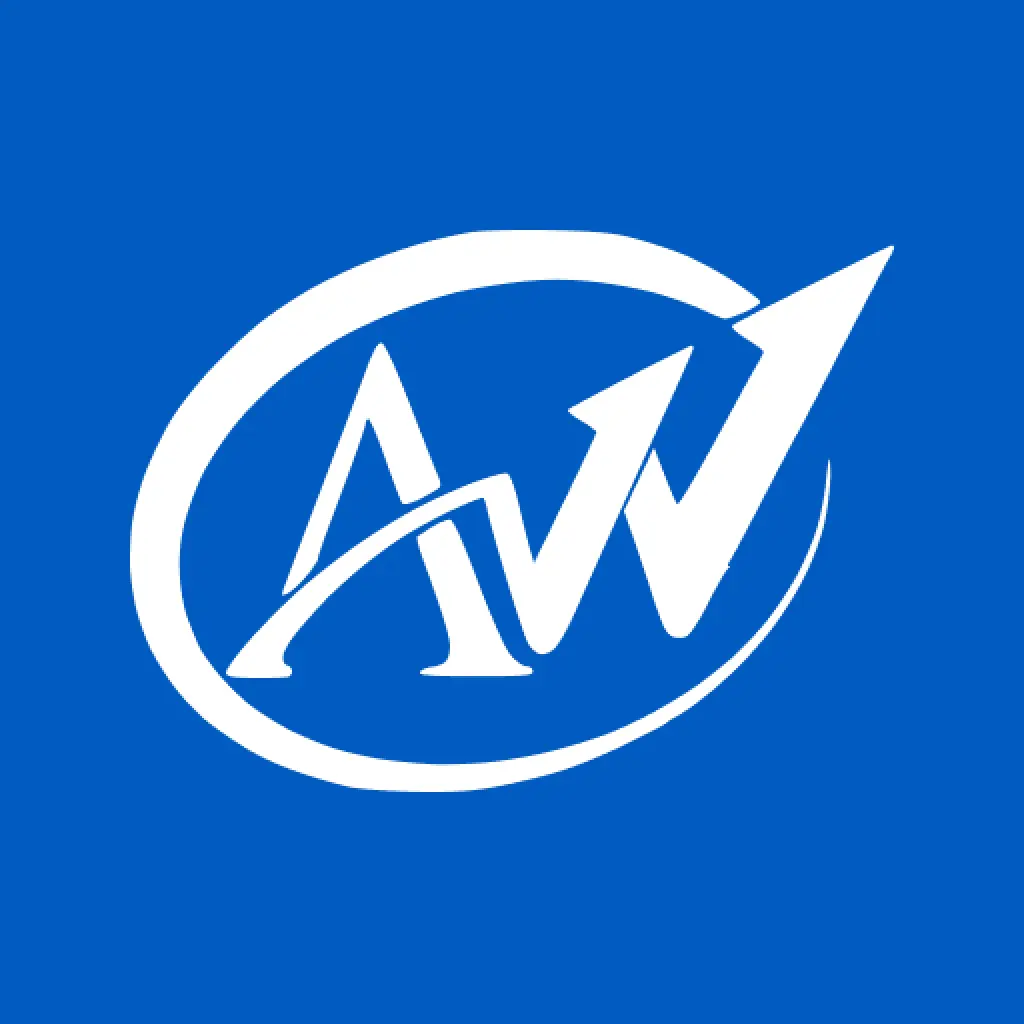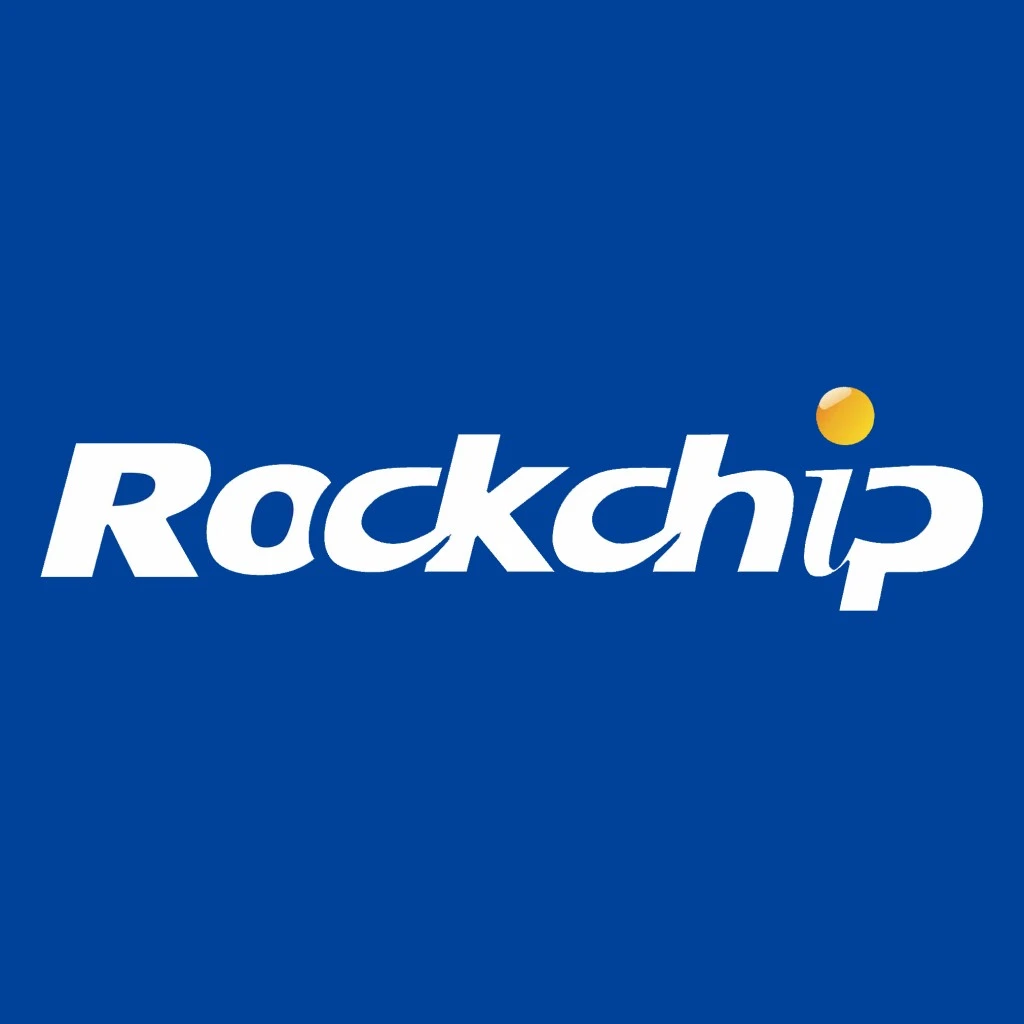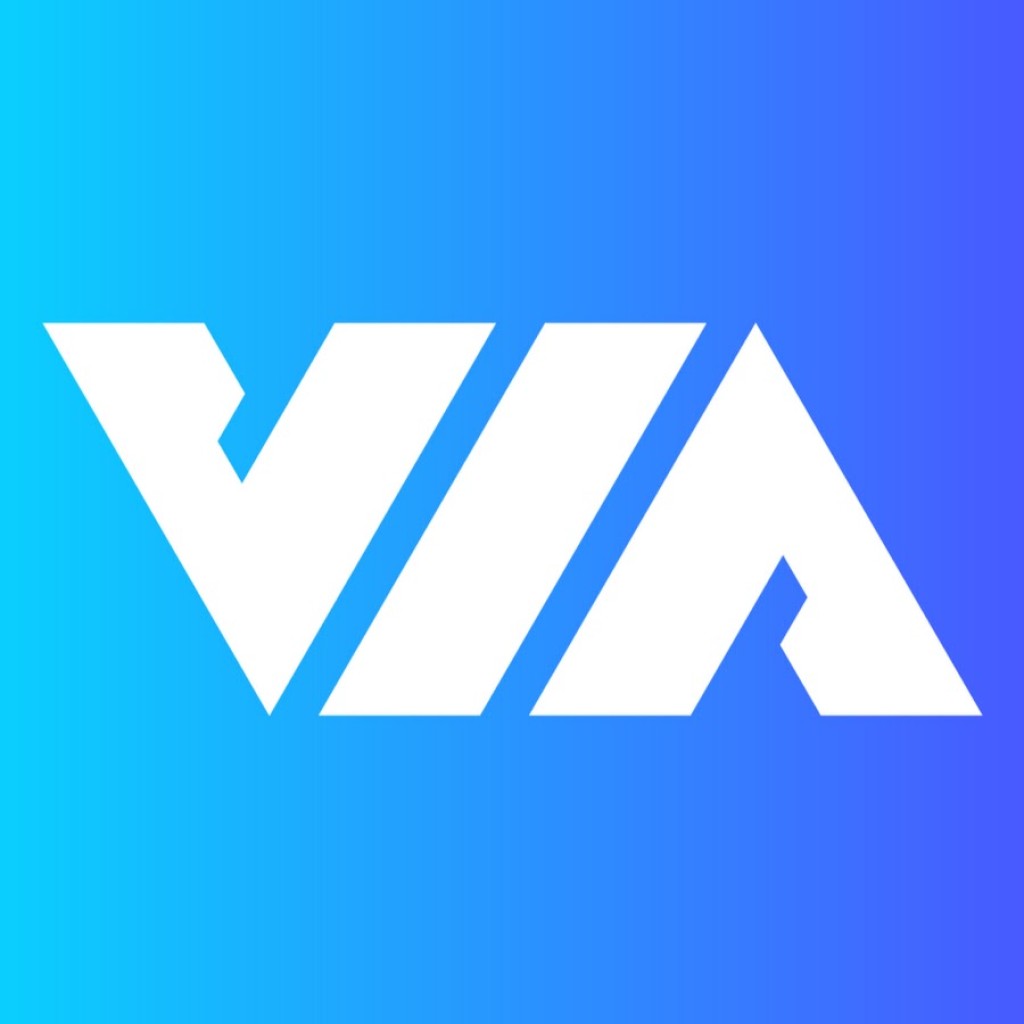Qualcomm, the San Diego signal slinger founded in 1985 by Irwin Jacobs and Andrew Viterbi, has wired a $39 billion wireless empire pumping Snapdragon chips and 5G modems that connect phones to the planet. Their radio magic, from AI accelerators to IoT hubs, equips gadget gurus who want seamless streams without the seams. It's the chip that links the world, turning signals into symphonies.
Qualcomm's woke wireless buzzed in the 2010s, beaming DEI councils for diverse hires and ERGs that hum like bias-busting antennas, all tuned to ESG for net-zero towers and supplier diversity spends that critics call "virtue signals." They flaunt perfect HRC scores for LGBTQ+ perks, back BLM with equity pledges, and pump millions into racial inclusion, leaving traditionalists feeling like they've been dropped call on optics. By 2025, amid corporate cool-downs, Qualcomm's still broadcasting the progressive frequency, turning chipsets into cultural commentary.

